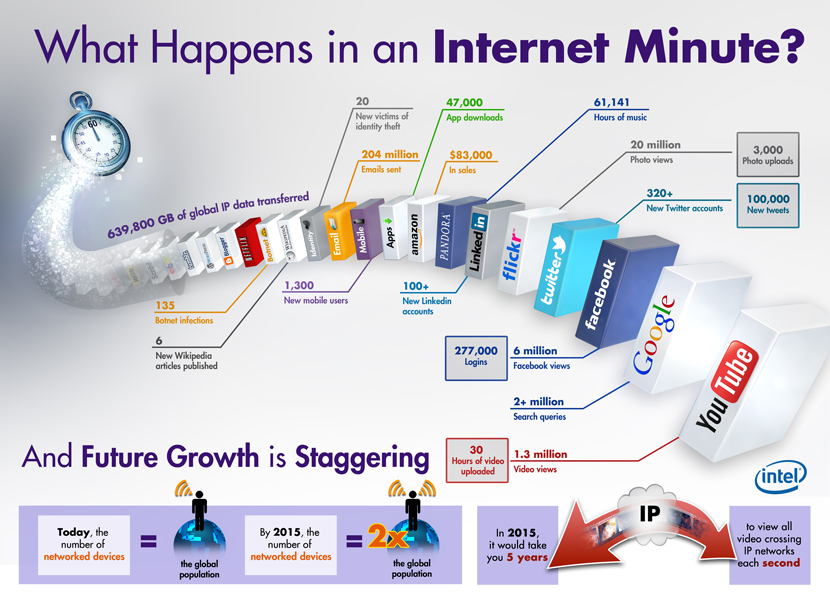Every so often I find something on the Internet that is truly interesting and engaging. The Pastry Box Project is one of those things.
Each year, The Pastry Box Project gathers 30 people who are each influential in their field and asks them to share thoughts regarding what they do. Those thoughts are then published every day throughout the year at a rate of one per day, starting January 1st and ending December 31st. 2013’s topic is “Shaping The Web”
About – The Pastry Box Project
The result of this is a stream of daily posts on a given topic, this year it happens to “Shaping The Web” . Every morning there is something new. It might just be a 140 character thought, a single tweet. It may be 1000 words on some point of web design. Or it may be just about anything in between. No matter what the topic, it is one of those 30 voices, every morning. And the interesting thing to me is how those 30 voices merge to create a single tone for the blog. It’s that tone that brings me back every morning.
Of course it took just 2 or 3 days of reading for me to start thinking about the possibilities in this format. How great would it be to get 30 voices involved in legal education,a collection of deans, teachers, technologists, librarians, to participate in something like this? 30 individuals letting us know what they are thinking about, or doing, or tying to do on the topic of “Shaping Legal Education“. Everyday, one a day, for a year. I think that would be pretty cool.
The Pastry Box Project software is open source and is mostly a WordPress theme, which means it can be run just about anywhere, even added to CALI Classcaster. The editing interface is pretty straight forward and all posting is scheduled using the workflow tools baked into WordPress. The hard part is finding 30 voices.
I would suspect that a little leg work would turn up 30 folks interested in posting once a month for a year according to very fixed schedule. One of the great things about the Pastry Box from an editor’s point of view is that it is very predictable. The timing of (and deadlines for) posts from a specific person can be mapped out for the entire year. Everyone knows what is expected of them and when.
This time I’m just writing about the idea. I haven’t set up any software, just getting the idea out there (something I’m trying to more of).
What do you think? 30 individuals letting us know what they are thinking about, or doing, or tying to do on the topic of “Shaping Legal Education“. Everyday, one a day, for a year. Please use the comments to let me know if you’re interested in the idea, think I’m out of mind, etc.

